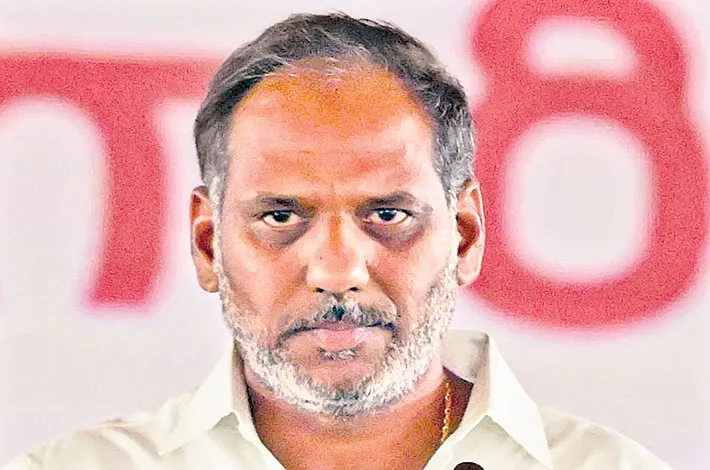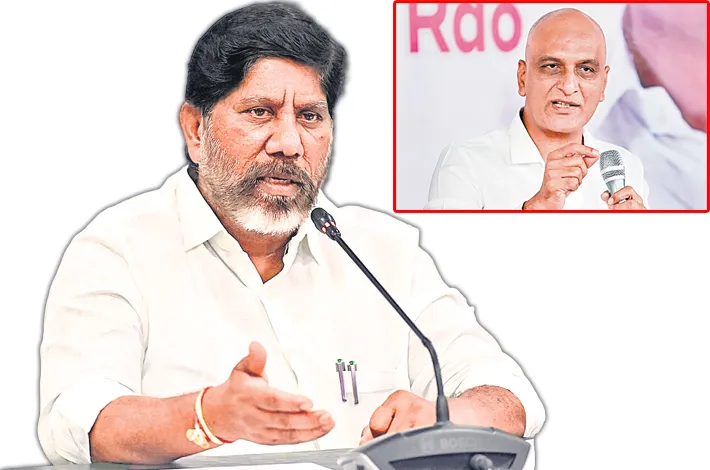AP Energy Minister blames Jagan Reddy's policies for power deficit
27-12-2024 01:38:38 AM

Jagan’s cancellation of power purchase agreements and his alleged intimidation of solar and wind energy investors led to a loss of 10,000 MW of renewable energy potential.
Metro India News | amaravati
Andhra Pradesh Energy Minister Gottipati Ravi Kumar launched a sharp critique against former Chief Minister Y.S. Jagan Mohan Reddy, accusing him of “Tughlaq-like acts” that allegedly brought chaos to the state’s power sector.
Minister Ravi Kumar highlighted the state’s decline from a power surplus position in 2019, when the Telugu Desam Party handed over power, to a power deficit situation within five years of Jagan’s governance.
He attributed this reversal to what he called poor decision-making and corruption. According to the Minister, Jagan’s cancellation of power purchase agreements and his alleged intimidation of solar and wind energy investors led to a loss of 10,000 MW of renewable energy potential.
Ravi Kumar further alleged that Jagan’s administration mismanaged the Andhra Pradesh Power Generation Corporation (AP Genco). In the name of addressing a power deficit, he claimed, the government purchased electricity at inflated rates between Rs.8 and Rs.14 per unit despite availability at Rs.5 per unit.
He suggested that these overpriced transactions were designed to benefit close associates of Jagan, allowing them to earn commissions.
The Minister also drew attention to the financial burden placed on citizens due to the true-up charges approved by the Andhra Pradesh Electricity Regulatory Commission (APERC) during Jagan’s tenure.
These charges amounted to Rs.3,082 crore for 2021-22, Rs. 6,073 crore for 2022-23 and Rs. 9,412 crore for 2023-24.
Ravi Kumar criticized the delayed implementation of these charges, alleging that decisions were postponed to avoid backlash before elections. He explained that the final order on the charges for 2022-23, filed in May 2023, should have been issued by August but was delayed.
Similarly, the charges for 2023-24, filed in May 2024, were only approved later, compounding the financial burden on the public.








